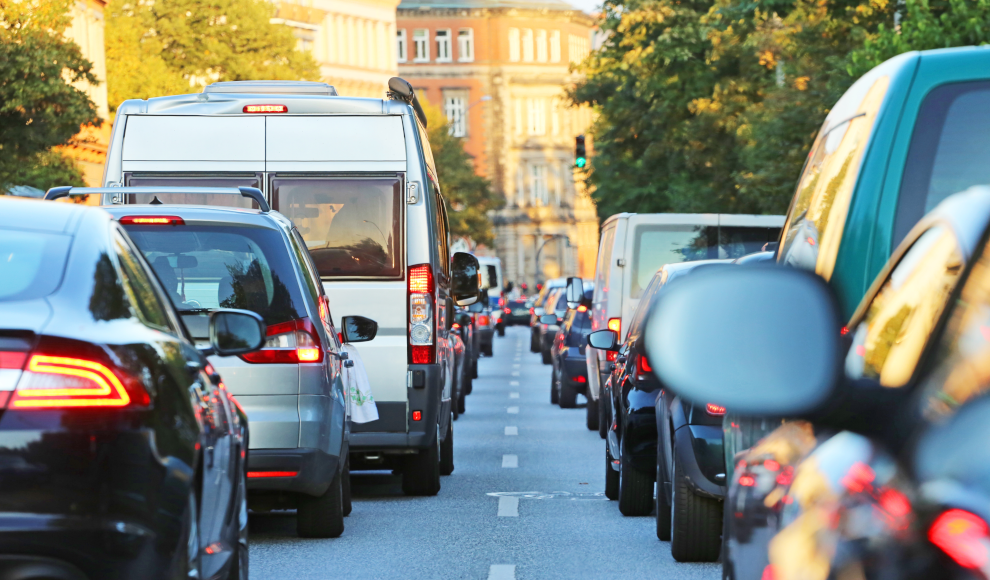Germany Sets New Record for Car Ownership
Germany has reached a new record for car ownership, with 583 cars per 1,000 people registered in 2022, according to data released by the Federal Statistical Office (Destatis). Despite debates about a shift towards public transportation and a greener future, the number of cars per capita has steadily increased over the past decade. In 2012, there were 534 cars per 1,000 people, compared to 580 in 2021 and 583 in 2022.
The rise in car ownership can be attributed in part to the growing popularity of second or third cars. Between 2012 and 2022, the percentage of households with at least two cars increased from 24.5% to 27%, while the percentage of households with three or more cars rose from 4.1% to 6.2%. However, there are significant regional variations in car ownership. Western states have a higher concentration of cars per capita, while the situation is different in city-states with well-developed public transportation systems. For example, Saarland had the highest number of cars per 1,000 people in 2022, with 660, followed by Rheinland-Pfalz with 634 and Bayern with 625. In contrast, Berlin had only 338, Hamburg had 439, and Bremen had 443 cars per 1,000 people. In the new federal states, car ownership is below the national average, and there has been a slower increase compared to the overall German trend since 2012. Interestingly, Berlin is the only federal state where the number of cars per 1,000 people has actually decreased slightly compared to 2012.
While the rise in car ownership may be a cause for concern for those advocating for a greener future, it is important to note that the data does not necessarily reflect the number of cars on the road at any given time. Additionally, the COVID-19 pandemic has had a significant impact on transportation patterns, with many people working from home and avoiding public transportation. Nevertheless, the trend towards more cars per capita highlights the need for continued efforts to promote sustainable transportation options and reduce reliance on personal vehicles.










